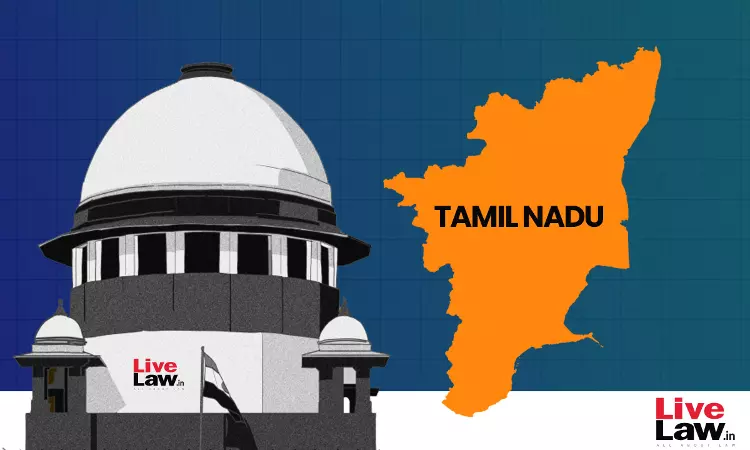The State of Tamil Nadu has filed an original suit in the Supreme Court under Article 131 of the Constitution of India against the Union of India challenging the provisions of law which prescribe National Eligibility cum Entrance Examination (NEET) as the condition for medical admissions.The Sate seeks a declaration that provisions prescribing NEET as the criterion for admission to medical...

